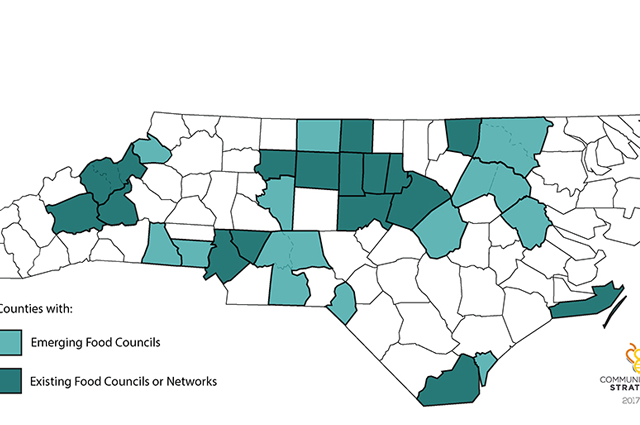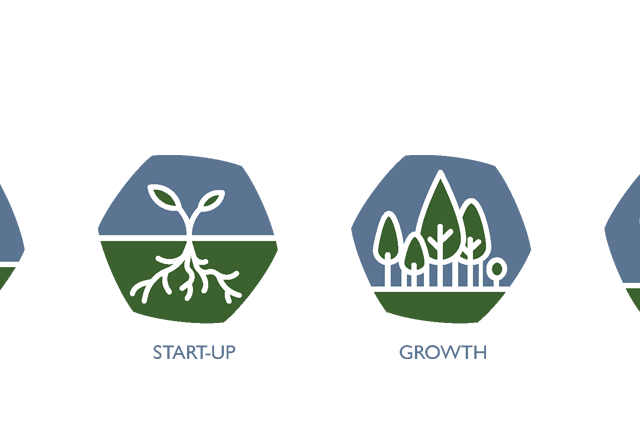
WHAT IS A FOOD COUNCIL?
Community-based coalitions: Who, why, and where?

PHASES OF COUNCIL DEVELOPMENT
A progression in stages unique to each community.

NC LOCAL FOOD COUNCILS
A growing network of councils across North Carolina.